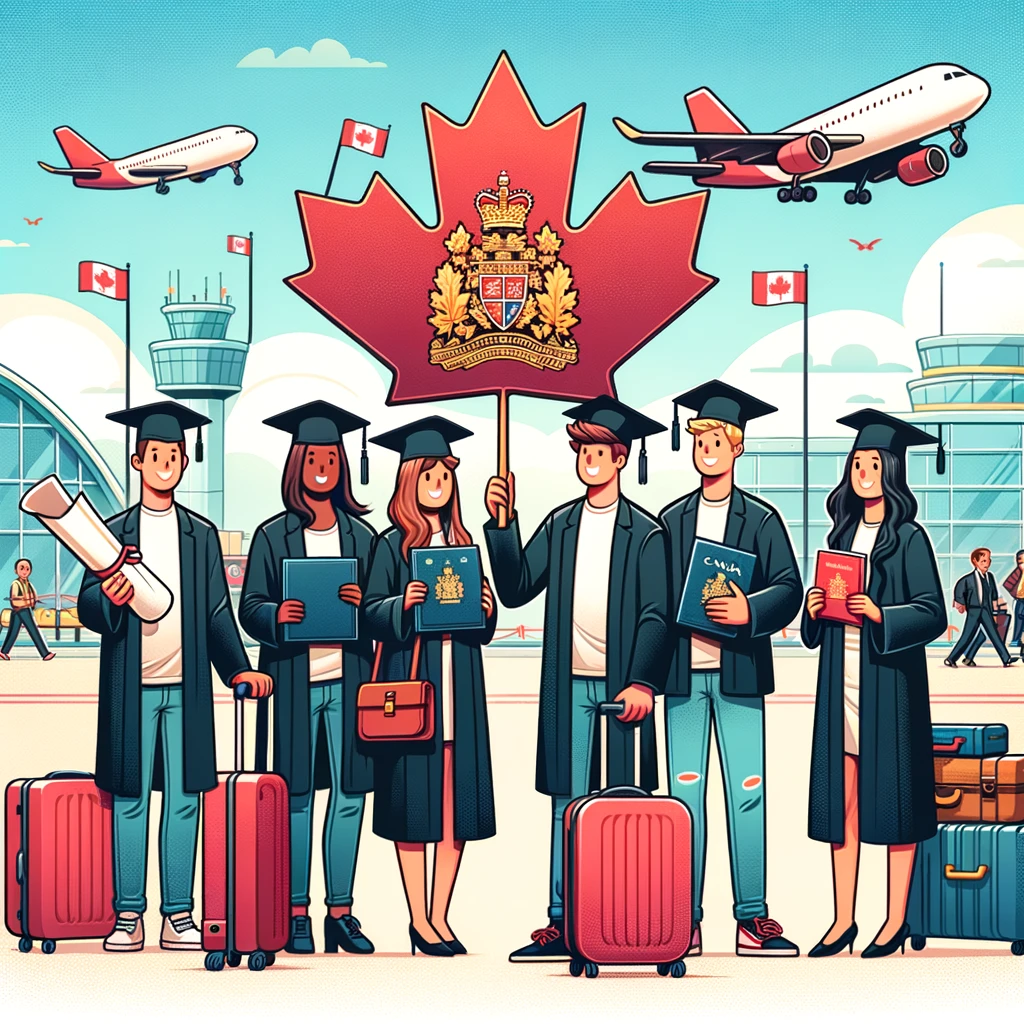A Guide to Validating and Authenticating Official Documents for Canadian University Graduates Pursuing Opportunities Abroad
In the ever-expanding global economy, Canadian university graduates are increasingly seeking opportunities to work or study abroad. However, navigating the application process in foreign countries often involves the submission and validation of official documents. This article aims to explore the essential documents needed by Canadian university graduates for international ventures and the process for validating them.
Degree & Transcripts: The Most Important Documents for Working or Studying Abroad
The primary document needed is the academic degree and transcript, which outlines the courses taken, grades received, and the degree earned. Foreign universities and employers typically require an official copy of the transcript, validated by the issuing Canadian institution.
To validate their academic degree and transcripts, graduates must contact their university's registrar's office or academic records department, fill out a request form, and pay the necessary fee. Since processing times can vary, it's crucial to plan ahead for this step.
Diploma or Degree Certificates: Official Proof of Completion
Another vital document is the diploma or degree certificate, providing official proof of degree completion. The process for validating these certificates is similar to that of academic transcripts, involving contacting the university’s registrar's office.
Other Official Documents: What Graduates May Need to Work or Study Abroad
Graduates might also need to validate other official documents such as language proficiency certificates, professional licenses, or criminal record checks. The requirements depend on the destination country, industry, or academic program. Relevant Canadian government agencies or departments should be contacted for these validations.
Authentication and Legalization: Confirming Document Validity
In addition to validation, graduates may need to authenticate and legalize their documents to ensure recognition by foreign entities. This involves confirming the document's validity and the authenticity of its signature or seal.
The Authentication and Legalization Process: What Graduates Need to Know
The process involves notarization or certification, followed by submission to Global Affairs Canada for authentication. After this, the document is sent to the embassy or consulate of the destination country for legalization.
Canada's Membership in the Hague Apostille Convention
As of January 11, 2024, Canada has become a member of the Hague Apostille Convention. This significant development simplifies the process for using Canadian documents in member countries. Now, graduates only need an Apostille, obtainable from Global Affairs Canada or the provincial competent authority, for member countries. This streamlined process reduces the steps required, making it easier and faster for graduates to prepare their documents for international use.
The Importance of Planning Ahead for Document Processing
The apostille or authentication and legalization process can be lengthy and may involve additional fees. Therefore, timely planning and early initiation of the process are essential.
In conclusion, the process of apostilling, authenticating, and legalizing official documents is a critical step for Canadian university graduates aiming to work or study abroad. By understanding and adhering to the appropriate procedures and accounting for processing times, graduates can ensure their documents are accepted internationally, paving the way for successful global endeavors.


